There’s something intoxicating about the idea of a fresh start—new city, new people, new you.
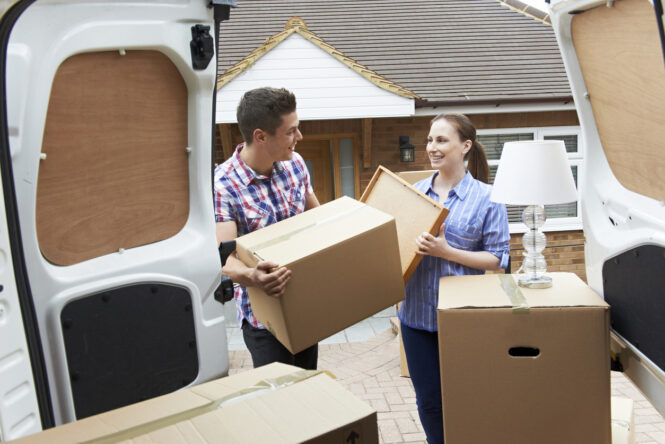
In the beginning, relocating feels like the ultimate life upgrade. However, once the excitement wears off, a whole different set of feelings creeps in—the stuff no one really talks about when you’re busy packing boxes and posting your big move on social media. If you’ve ever wondered why starting over feels so good at first—and so complicated later—here’s the real story.
1. The fantasy of “new” is incredibly powerful at first.

When you decide to move, it feels like anything is possible. You picture yourself becoming the best version of yourself overnight—more adventurous, more confident, somehow more whole. For a while, that fantasy fuels you. It’s thrilling to imagine you can leave old mistakes, routines, and even parts of yourself behind. Eventually, you realise new scenery doesn’t erase old habits—it just reshuffles them.
2. Small things hit harder than you expect.
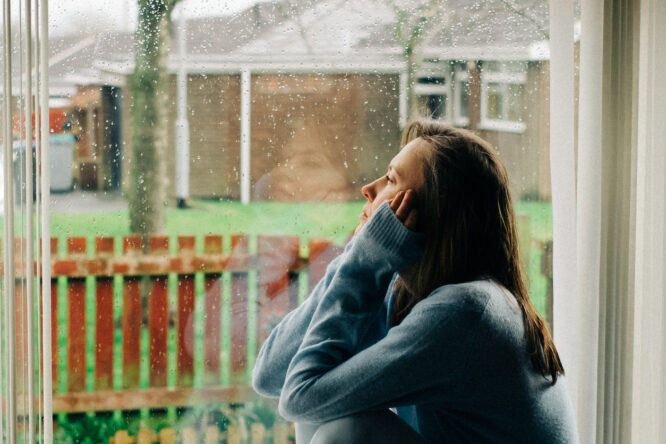
It’s not just the big moments that feel different after a move. It’s the tiny things—the new route to the grocery store, the absence of your favourite coffee shop, the unfamiliar skyline when you look out the window. Those small details quietly shape your sense of comfort and belonging. When they’re gone, it can feel like you’re missing pieces you didn’t even realise mattered until they weren’t there anymore.
3. The loneliness creeps in slowly.

At first, everything is new and distracting. You’re busy exploring, unpacking, signing up for things, trying new places. Of course, after the initial rush, the reality settles in that you don’t have your people here yet. It’s a different kind of loneliness—not loud or dramatic, but a quiet missing that shadows even the good days. Making friends as an adult isn’t instant, and those early months can stretch long if you’re not ready for it.
4. Your old life doesn’t magically stay on pause.

One of the harder things about moving is realising that life back home keeps happening without you. Friends move on, family dynamics change, inside jokes evolve—and you’re not there to be part of it anymore. You don’t just leave a place behind—you leave a version of your life behind. That gap can feel much bigger when you finally slow down enough to notice it.
5. Nostalgia can get surprisingly aggressive.

When the newness wears off, your mind often goes into overdrive romanticising what you left. Suddenly, even the annoying parts of your old life start to seem sweeter in hindsight. It’s not that you made the wrong choice. It’s just that our brains are wired to crave familiarity, and when you’re building a new life, your old one can start to look a lot shinier than it really was.
6. The urge to “make it worth it” can get heavy.

When you relocate, especially for a big opportunity or dream, it’s easy to feel like you have to justify the move. Every bad day, every mistake, every moment of doubt can start to feel like a personal failure. However, the truth is, settling into a new place takes time. Expecting instant payoff adds pressure that can suck the joy out of the experience you were so excited to have.
7. You might grieve even if you’re happy.
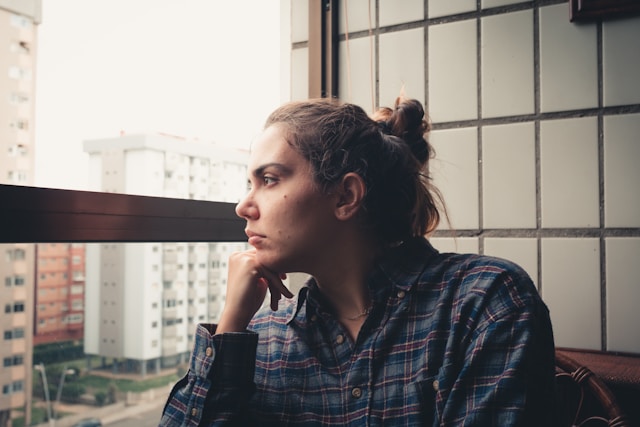
Relocating is often framed as a win. You got the job, the opportunity, the escape. But even when you’re genuinely glad you moved, there’s still grief involved—the kind that sneaks up on you when you’re least expecting it. You can be happy for the new life you’re building and still deeply miss the old one. Grief and gratitude aren’t opposites. They often show up hand in hand during big life transitions.
8. Your identity feels weirdly up for grabs.
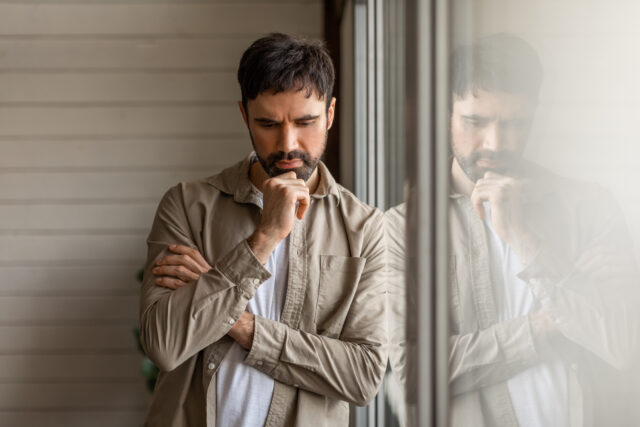
In a new place, you get to reinvent yourself a little. That can feel exciting, but also disorienting. Without the familiar mirrors of your old community, you might start questioning who you even are without all the old labels. It’s not a bad thing; it’s growth. Still, it can leave you feeling unmoored until you build new foundations that feel like they truly belong to you, not just the version you thought you were supposed to be.
9. Comparison sneaks in easily.

When you’re struggling to settle in, it’s almost impossible not to compare yourself to people who already seem fully rooted. You see their friend groups, their local haunts, their inside jokes, and it feels like you’re miles behind. The thing is, everyone was new once. Everyone had a first awkward year. Just because you don’t see the messy beginnings doesn’t mean they didn’t happen. You’re not failing—you’re building something real from scratch.
10. Your idea of “home” gets more complicated.
 Source: Unsplash
Source: Unsplash After relocating, “home” stops being a simple answer. Is it where you grew up? Where you live now? Where your heart feels the safest? Suddenly, it’s not one place—it’s pieces scattered across different streets, cities, and people. It can feel bittersweet, but it also makes you realise that home was never just about geography. It was always about the connections, the memories, and the feeling of belonging you carry with you.
11. Building a new life takes longer than you think.
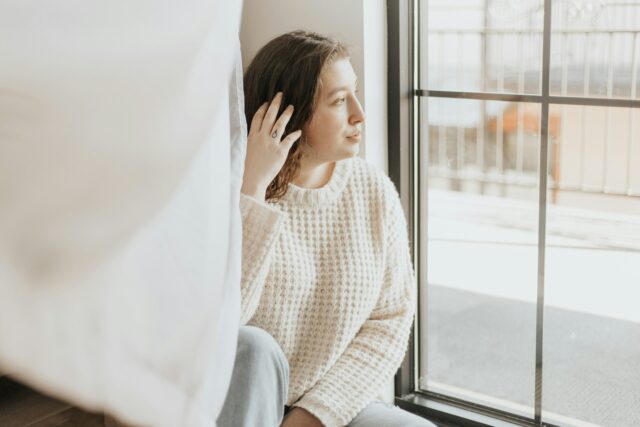 Source: Unsplash
Source: Unsplash Movies make it look like you unpack, join a book club, meet your soulmate at the coffee shop, and live happily ever after by week three. Real life? It’s slower. Messier. Full of tiny, awkward steps forward and lots of starting over. It’s easy to get discouraged when you’re still finding your footing months later. Slow growth isn’t failure—it’s the foundation for something solid, lasting, and real.
12. You realise you can’t outrun yourself.
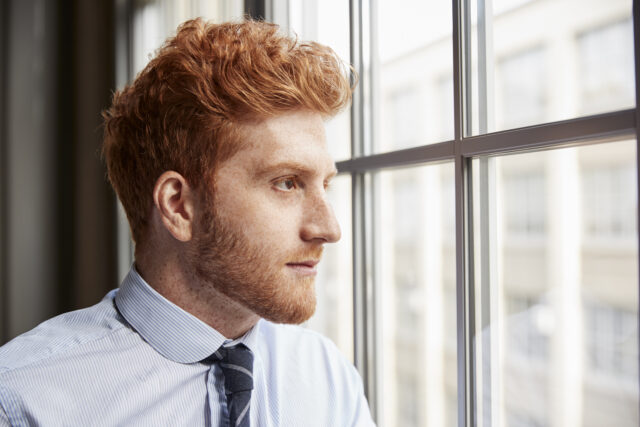
New scenery can inspire you, but it can’t fix everything. If you were carrying loneliness, self-doubt, anxiety, or heartbreak before you moved, chances are good they unpacked their bags right along with you. Relocation can spark growth, but it’s not a magical cure. Facing yourself—really sitting with your own patterns and fears—is still part of the work, no matter how many miles you put between you and your old life.
13. You end up stronger than you expected.

Moving to a new place tests you in ways you can’t fully prepare for. It forces you to be braver, more adaptable, and more patient than you ever thought you needed to be. It’s not easy. It’s not always pretty. But somewhere along the way—between the homesickness, the growing pains, and the quiet wins—you realise you built something even better than a fresh start. You built a stronger version of yourself.




